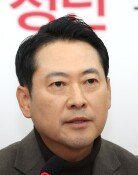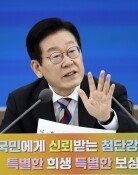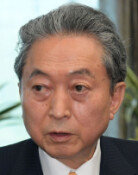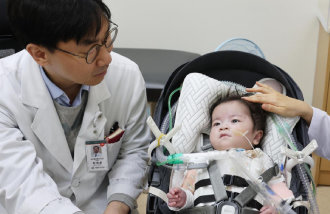Korean Medical Association holds ceremony to launch strike
Korean Medical Association holds ceremony to launch strike
Posted January. 11, 2014 03:52,
Countdowns have begun for the medical community to go on general strike. The emergency committee of the Korea Medical Association is set to start on Saturday a two-day ceremony to kick off general strike by medical doctors nationwide to correct the medical service system at the associations headquarters in Seouls Yongsan district. About 500 representatives of medical doctors organizations are expected to gather from across the nation.
The specific schedule for strike actions will be announced on Sunday, when the kick-off ceremony will end. However, the association reportedly has decided to hold a half-day walkout in a workday afternoon, and if the government still fails to change its plan, it will go on a general strike immediately.
As conditions for its withdrawal of the plan to launch general strike, the emergency committee demands revocation of planned introduction of remote diagnosis and treatment of patients, withdrawal of the plan to allow the establishment of for-profit subsidiaries under medical institutions, and the establishment of a special committee on medical system reform under the president. Since there is little chance for the government to accept the committees demands, majority of watchers predict that medical doctors will seek to hold walkout in whatever form.
Even if a strike starts, however, vacuum in medical service will not likely be significant on the early days. Doctors at large hospitals and medical residents who hold key to spread of the strike are not enthusiastic about joining it. Organizations representing Asian medicine doctors, dentists, pharmacists, and nurses also sympathize with doctors over problems surrounding the governments policy to deregulate the medical industry, but they are to decide on whether to join strike after waiting to see trends in public opinion. Notably, hospitals have insisted that for-profit subsidiaries of medical institutions should be allowed, but medical doctors operating clinics on their own are opposed to it.
The most contentious issue is privatization of medical service. The medical community claims that introduction of for-profit subsidiaries is the pre-step to the introduction of for-profit hospitals, and effectively constitutes the process to start privatization of medical service. It claims as subsidiaries focus on for-profit business, hospitals as parental institutions would inevitably accelerate drive to seek profit as well. Notably, the medical community fears if hospitals receive supplies of medical equipment and products exclusively from their subsidiaries, medical expenses will highly likely end up rising.
The government counters this argument by saying that governance structure of hospitals will remain in the form of non-profit institutions, and the system requiring all medical institutions to be subjected the national health insurance program will remain in effect as is now, it will not entail privatization of medical service. The government claims that under the planned system, non-profit institutions will effectively come to carry out auxiliary business through their subsidiaries, and hence the measure will not only ensure public nature of medical service but also help medical institutions to resolve financial difficulties they face.
Using the looming strike, the medical community is even demanding fundamental resolution of the problem with a low rate of insurance fees paid by the national health insurance to doctors for patients treatment, which stands at about one fourth the average level of OECD member countries. According to the emergency committee, the ratio of insurance fees paid by the national medical insurance relative to actual treatment cost in Korea stands at 73.9 percent. Under this structure, medical doctors have no choice but to intentionally increase conduct of various medical checkups and treatments that are not subjected to the national health insurance in order to make up for low profit margins.
The medical communitys kick-off ceremony to launch strike set on Sunday is imminent, but the medical community and the government have failed to narrow their differences thus far. Health and Welfare Minister Moon Hyung-pyo said, I hope that an undesirable strike that poses threat to peoples health will not be launched.
In response, Noh Hwan-gyu, chairman of the Korea Medical Association, said, We have no intention to compromise by accepting a small hike in health insurance fees paid by the national health insurance, and by accepting the introduction of remote treatment and for-profit subsidiaries. He added, I will resign as chairman if I fail to achieve reform, including the improvement of the health insurance system paying insufficient insurance fees to doctors, which drove the medical community to a dire situation.







